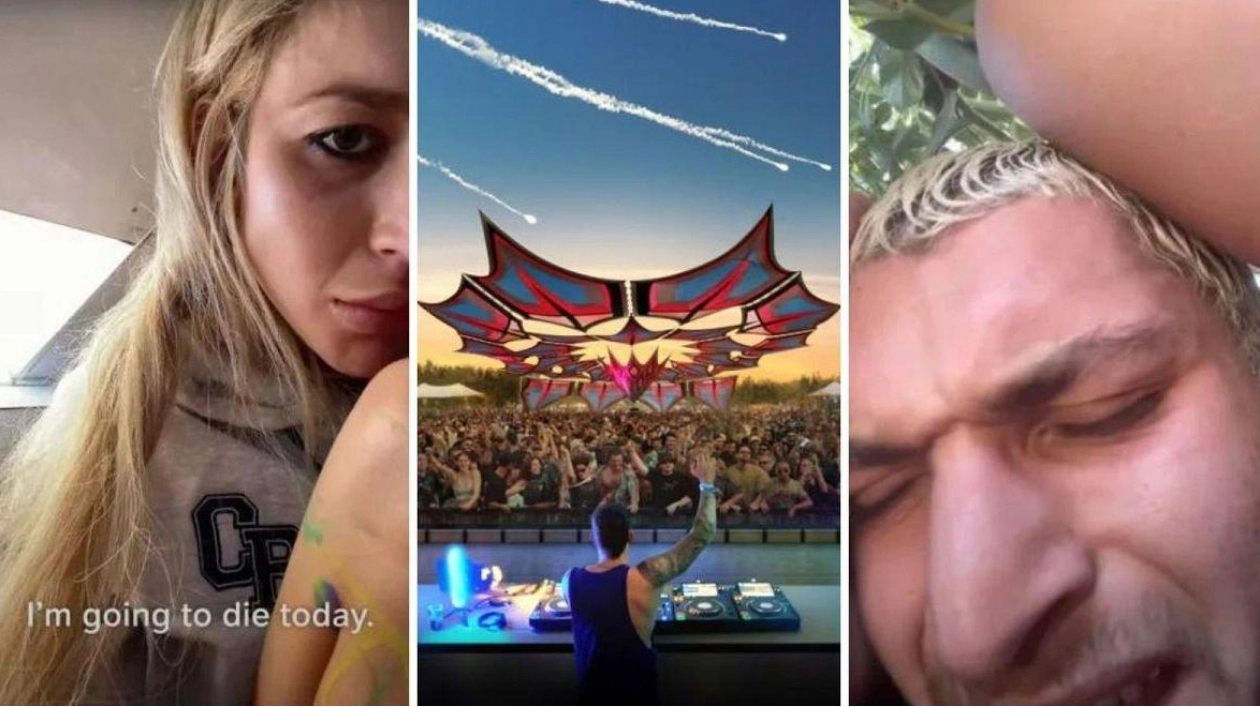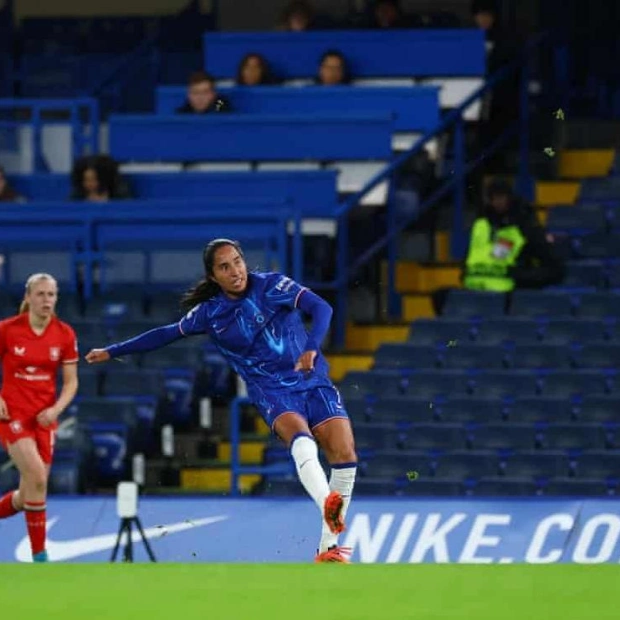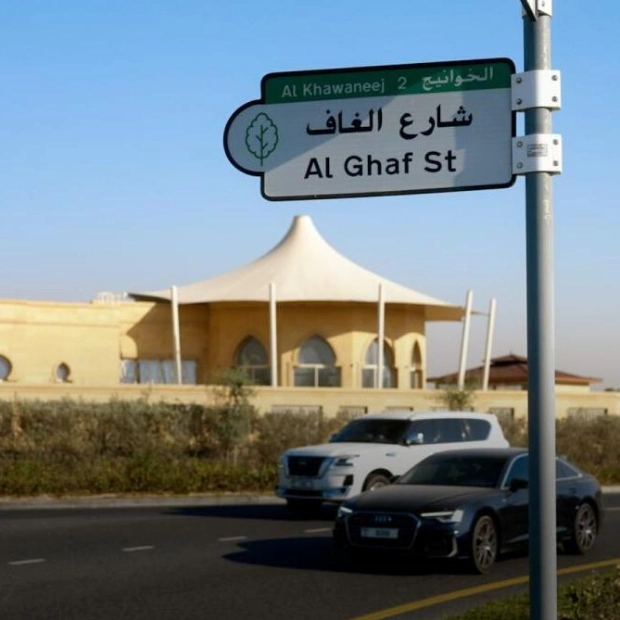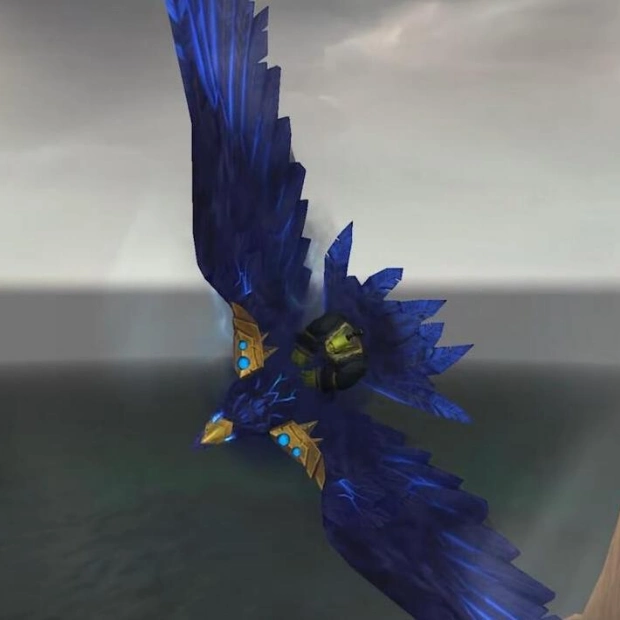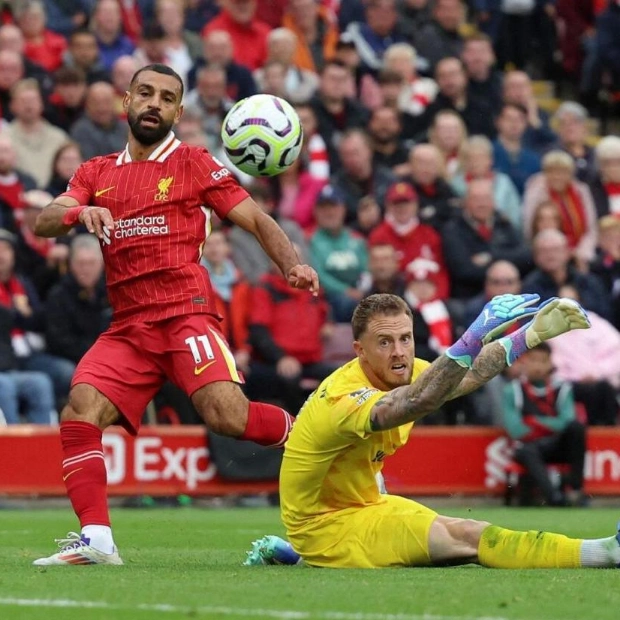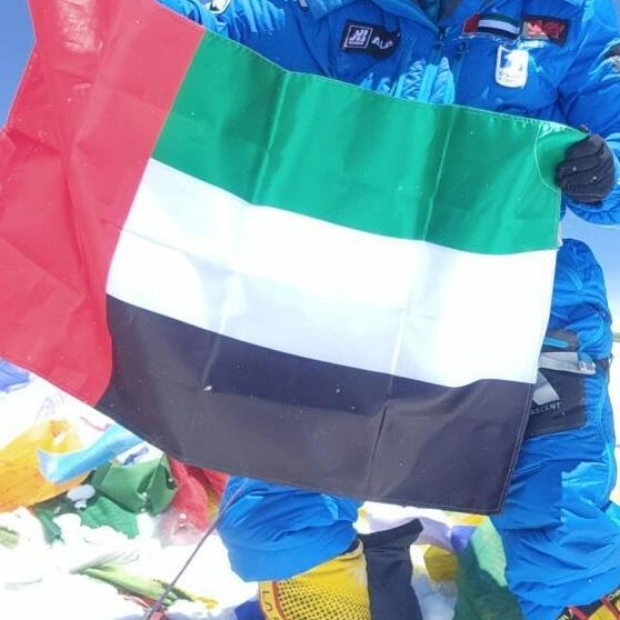Imagine capturing your final moments on camera, knowing death is imminent. A new documentary now streaming, released in time for the one-year anniversary of the 7 October 2023 Hamas attack, thrusts you into this chilling reality. 'We Will Dance Again' is one of the most visceral documentaries you're likely to encounter.
This harrowing film delves into the Hamas-led assault on the Nova music festival. Through mobile phone videos, GoPro footage attributed to Hamas fighters, and interviews with survivors, viewers are given a firsthand look at the horror. 'It'll be 20 million years before they understand what happened,' a Jihadist exclaims on his motorbike.
Directed by Yariv Mozer, a former Israeli soldier who was among the first non-officials to reach the scene, the documentary begins with a stark acknowledgment: 'The human cost of the Hamas massacre in Israel and the war that followed in Gaza has been catastrophic for both Israelis and Palestinians.' It further states, 'This film cannot tell everyone’s story,' a necessary caveat given the potential for viewers to dismiss it as propaganda.
The documentary's release coincides with the one-year anniversary of the tragedy that claimed 364 lives, injured many more, and led to 44 people being taken hostage. While it cannot be divorced from the politics and ongoing conflict, the film's purpose is not to take sides but to bear witness. Watching 'We Will Dance Again' and feeling profound sympathy for the Israeli victims and survivors does not equate to political bias or indifference towards innocent Palestinians. It is an act of remembrance, a poignant reminder of the humanity lost.
Described as a horror film in its most immediate sense, 'We Will Dance Again' faced reluctance from potential distributors and film festivals due to concerns about political repercussions. The creators have reportedly resisted efforts from Israeli groups, including an attempt by the Israeli foreign ministry to screen the film at the United Nations, to avoid it being labeled as a political tool or propaganda.
The documentary provides a timeline of the attack, with some survivors recalling the rocket fire on the morning of 7 October. 'Wow, there’s fireworks!' and 'They really went all out this year!' were some of the initial reactions, only to realize later that these were rockets heralding the arrival of armed Hamas forces.
As the film progresses, we see footage and hear testimonies. Elinor Gambarian hides in a refrigerator, her selfie footage capturing her terror. Noa Beer recounts her escape by car. Partygoers hide in trash containers and a bunker with other corpses. CCTV footage shows a grenade attack, and how Aner Shapira expelled seven grenades before being killed.
One survivor explains that he recorded on his phone because he couldn’t believe what he was witnessing. Another describes it as 'like seeing a horror movie with your own eyes.' The inclusion of emergency calls made to Israeli forces and ambulance services highlights the nearly six-hour response time, a stark reminder of the authorities' failure to act swiftly.
The delayed response remains unexplained, and the documentary omits many elements, including the broader context of the conflict. This may frustrate some, while others will understand that a tragedy of this magnitude cannot be fully comprehended from every angle. Mozer's focus is on the indiscriminate terror, survivor's guilt, and trauma, underscoring the duty of a documentary filmmaker to ensure testimonies are heard and victims remembered.
In the final moments, a survivor reflects on his friends, hoping they are partying wherever they are. 'And one day, we will, too,' he says, giving the film its title. Despite this moment of hope, it's difficult to fully embrace, especially given the stomach-churning footage and vivid testimonies that precede it.
Produced by See It Now Studios, 'We Will Dance Again' is currently streaming on Paramount+ and has been shown on the BBC.
